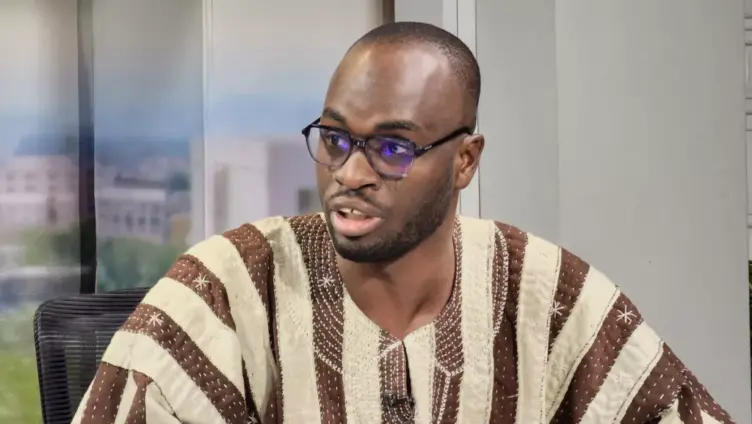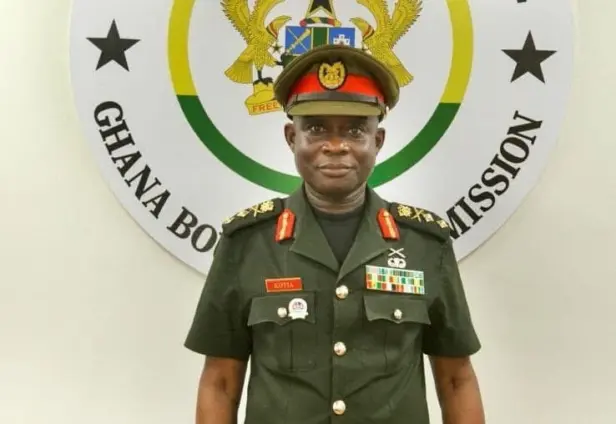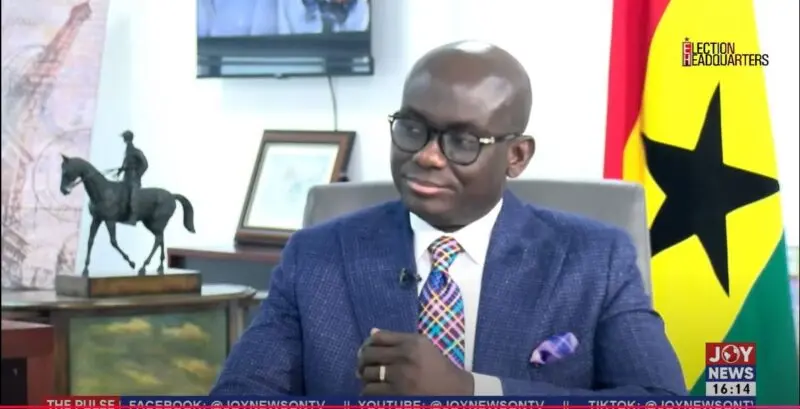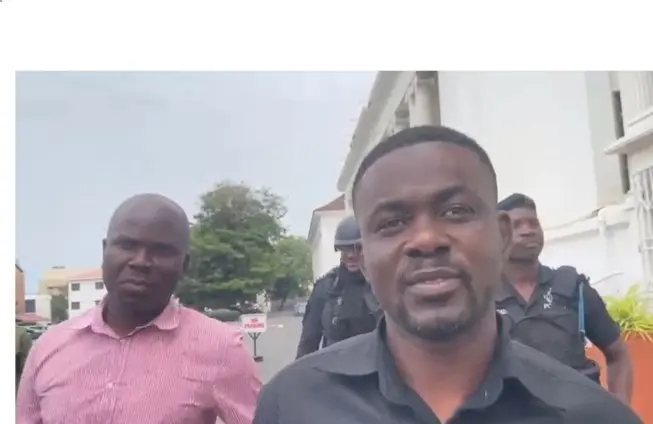Richard Ahiagbah, the Director of Communications for the New Patriotic Party (NPP), has ignited a debate about the ethical framework governing public officials in Ghana. His call for President John Mahama to seek legislative backing for his proposed Code of Conduct isn’t just a procedural suggestion; it’s a challenge to ensure genuine accountability. The central question: Can a code of conduct reliant solely on presidential discretion truly be impartial?
Ahiagbah’s argument centers on the idea that codifying the Code of Conduct into law would imbue it with necessary authority, insulating it from potential bias. This comes in the wake of controversies such as the Sammy Gyamfi incident and questions surrounding the adequacy of the response. This article will delve into Ahiagbah’s position, the surrounding context, and the possible ramifications of enshrining ethical guidelines into law. The issue at stake is whether the current system provides effective and fair ethical standards for public officials in Ghana, or whether something more robust is needed.
Ahiagbah questions whether a Code of Conduct, resting solely on the President’s judgment, can truly be impartial. He articulated his concerns plainly during an appearance on JoyNews’ Newsfile, stating, “What I think we should do as a country — if President Mahama would help all of us — he should seek legislative backing for this Code of Conduct so it’s law.” His worry isn’t just hypothetical; it’s rooted in the potential for favoritism to sway enforcement. “So that it doesn’t fall to his office and say, ‘Oh, you are my favourite, so you are this or that’,” Ahiagbah remarked, highlighting the inherent risk of bias when the President acts as both the architect and enforcer of ethical standards.
Ahiagbah emphasizes that the ethical conduct of public officials should be considered a matter of national importance. He argues that if ethical behavior is genuinely a priority, the power to impose sanctions shouldn’t reside solely with the President. “If the matter to do with conduct of public officials is one that is key — and I believe it is — then why does it become the preserve of the President to determine what sanction? We should make it law,” Ahiagbah stated, suggesting that the **Code of Conduct**’s enforcement requires broader oversight.
The impetus for Ahiagbah’s call appears, at least in part, to stem from the recent controversy involving Sammy Gyamfi. The incident, involving a dollar gift to Agradaa, ignited a firestorm of public criticism. Video evidence of the exchange circulated widely, triggering widespread condemnation and calls for disciplinary action, the Minority in Parliament formally citing a breach of Mahama’s **Code of Conduct**.
The response to the Gyamfi incident only amplified concerns about the **Code of Conduct**’s efficacy. Following a meeting with Mahama’s Chief of Staff, Gyamfi issued a public apology. While the apology was deemed sufficient by the party, the lack of further disciplinary action raised questions about the true scope of the **Code of Conduct**’s reach. This perceived leniency added fuel to the debate, leading many to question whether the current framework is sufficient to deter unethical behavior.
Legislative backing would lend the **Code of Conduct** genuine authority and credibility. By enshrining the code into law, it would transcend the perception of being subject to the President’s personal preferences.
A legally defined Code could establish clear procedures and standards for enforcement. This could significantly reduce the potential for bias in investigations and disciplinary actions, leading to greater public trust in the process. However, some potential pitfalls exist.
One major concern revolves around the possibility of political interference. Could a legally enshrined **Code of Conduct** be weaponized and used as a tool for political maneuvering against opponents? Robust safeguards would be essential to prevent such abuse.
Enacting and enforcing a legally binding Code could pose logistical and practical challenges. Establishing effective mechanisms for reporting, investigating, and adjudicating alleged violations would require careful planning and resources. Richard Ahiagbah’s suggestion must also be evaluated carefully.
Richard Ahiagbah’s call for legislative backing highlights the ongoing need for robust mechanisms to ensure integrity in public office in Ghana. Ultimately, the decision to pursue legislative action rests with President Mahama and the Ghanaian Parliament. This debate is crucial to fostering public trust and strengthening governance.
Image Source: MYJOYONLINE






















